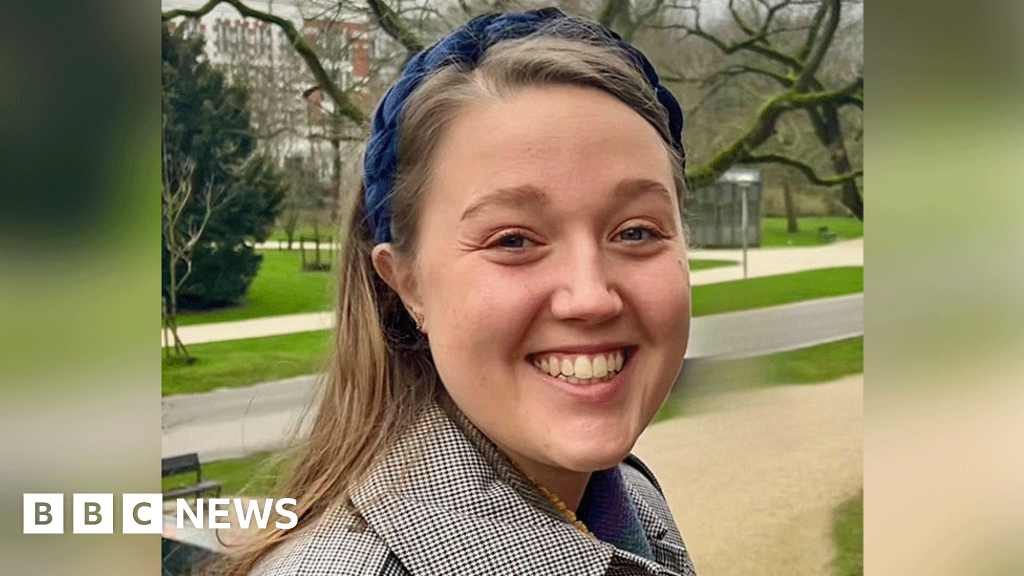Disabled Doctors Face Challenges in the NHS
The NHS is facing criticism for its treatment of disabled doctors, with many feeling that the system is too difficult or impractical to support them. A survey of over 800 disabled and neurodiverse doctors and medical students found that more than half felt that their disability was a bigger problem in the medical profession than in society as a whole.
Lack of Support and Understanding
Dr. Alice Gatenby, a disabled doctor, said that she had been told by high-ranking colleagues that she was "not a real doctor" because her epilepsy meant that she couldn’t work night shifts. She added that it felt like the system was being considered too difficult or uncomfortable, even if it meant losing someone who was able to care for patients.
Barriers to Employment
Another doctor, Dr. Liz Murray, worked for the NHS for over a decade but had to leave due to the barriers she faced. She has lupus, severe endometriosis, and other health problems, which meant that she needed to work flexibly. However, her requests for part-time work and no night shifts were rejected, and she felt that she was considered the problem.
Need for Flexibility and Support
Dr. Murray now works as a locum, which gives her the flexibility she needs. She has also set up a charity organization to support doctors with chronic illnesses. She said that she was considered the problem, but she realized that it was the lack of flexibility within the system that was the issue.
Survey Results
The survey found that 53% of respondents had either left their job in the past two years or had seriously considered doing so. Over a third had reported bullying or harassment related to their disability, and 40% said that their job or study place had led to improved support.
Calls for Change
The British Medical Association (BMA) is trying to tackle the problems raised in the survey. Dr. Amit Kochhar, chairman of the BMA’s representative body, said that disabled doctors and medical students are valued members of the medical workforce and deserve appropriate support. He added that a lack of disability and neurodiversity awareness, combined with discrimination and stigma, can significantly impact the lives and careers of disabled people.
Response from NHS Wales
NHS Wales Shared Services Partnership said that it supports local doctors with all the adjustments they need and works with health boards to implement these adjustments safely. The Welsh government added that it expects all NHS organizations to promote inclusion and support disabled employees through adequate adjustments and anti-discrimination measures.
Need for Inclusion and Representation
Leandra Crine from Disability Wales said that the survey highlights an important issue not just for the health sector, but for society as a whole. She added that without the inclusion and representation of disabled people in all areas of life, society will never be truly accessible. Dr. Gatenby said that she doesn’t want to leave medicine, but she feels that she has no choice. She added that if she leaves, who will be left to fight for other doctors like her?

